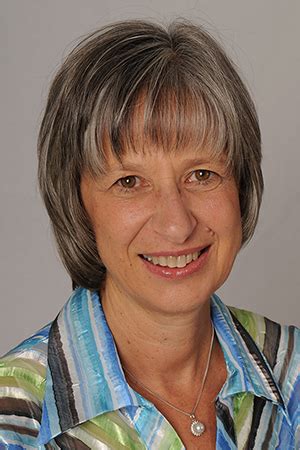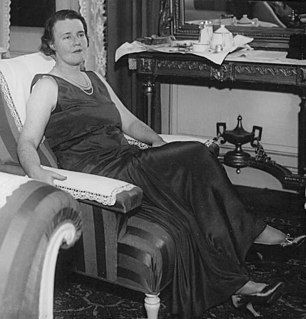A Quote by Stanley A. McChrystal
We need a strong civil society where the connection between different people and groups is firm and vibrant, not brittle and divided.
Related Quotes
Turkish society is divided not only culturally but also politically. You're either conservative or progressive. Islamist or secular. Right wing or left wing. This kind of division can be seen in any society, but in Turkey, the problem is that we are losing any kind of connection between groups and any kind of desire to understand one another. The groups hate each other and they are demolishing all bridges between themselves. So society is divided strictly.
Civil society people - these are the people - civil society groups are the people who need to monitor the aid to ensure that the aid is directed to what it is supposed to. And in order for them to do so, they need to have the space, they need to have the freedom, and they need to have the right to demonstrate, and to petition their government. They can't do that in Ethiopia; they can't do that in Eritrea; and so this is why I was cautioning that we may be repeating some of our old mistakes.
Our first and most pressing problem is how to do away with warfare as a method of solving conflicts between national groups or between groups within a society who have different views about how the society is to be run. If you look back, you will see that warfare was an invention, just as ways of handling government or taxes are inventions. You will see, too, that once people use an invention they go on using it until they find another which they think is superior.
I think there has been an unfortunate tendency for a lot of different groups to forget that distinction between natural law and revealed truth and to say: Our complete agenda is to be enacted into laws governing the entire society. Many different religious groups claim that authority, not only Catholics. A lot of different Protestant groups as well are stepping forward to say: Here is our agenda, it is a moral agenda, ergo it must be enacted into law. I think that the distinction between natural law and more ultimate kinds of doctrine is being lost.
The novel has become a function of the fragmented society, the fragmented consciousness. Human beings are so divided, are becoming more and more divided, and more subdivided in themselves, reflecting the world, that they reach out desperately, not knowing they do it, for information about other groups inside their own country, let alone about groups in other countries. It is a blind grasping out for their own wholeness, and the novel-report is a means toward it.
Africa needs help, no question about that but I'd rather prefer that the money is channeled. That's what I call smart aid; it's channeled through African civil society groups. These are the groups which can be held more accountable. These are the groups which will sort of monitor how the aid money is spent.
Where the principle of difference [between political parties] is as substantial and as strongly pronounced as between the republicans and the monocrats of our country, I hold it as honorable to take a firm and decided part and as immoral to pursue a middle line, as between the parties of honest men and rogues, into which every country is divided.
[T]here are, at bottom, basically two ways to order social affairs, Coercively, through the mechanisms of the state - what we can call political society. And voluntarily, through the private interaction of individuals and associations - what we can call civil society. ... In a civil society, you make the decision. In a political society, someone else does. ... Civil society is based on reason, eloquence, and persuasion, which is to say voluntarism. Political society, on the other hand, is based on force.
When we consider the close connection between science and industrial development on the one hand, and between literary and aesthetic cultivation and an aristocratic social organization on the other, we get light on the opposition between technical scientific studies and refining literary studies. We have before us the need of overcoming this separation in education if society is to be truly democratic.


































